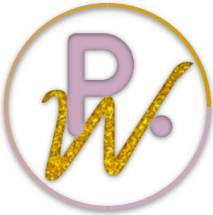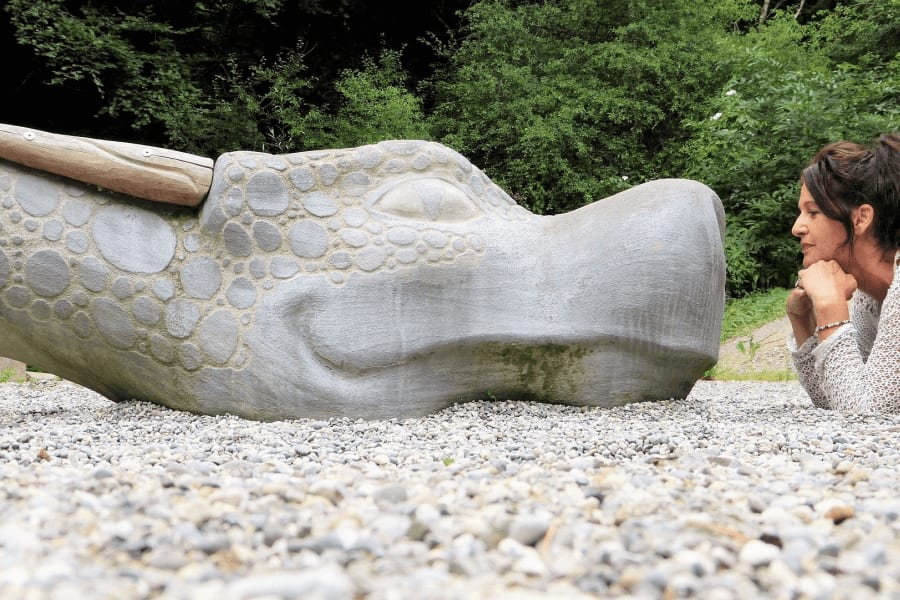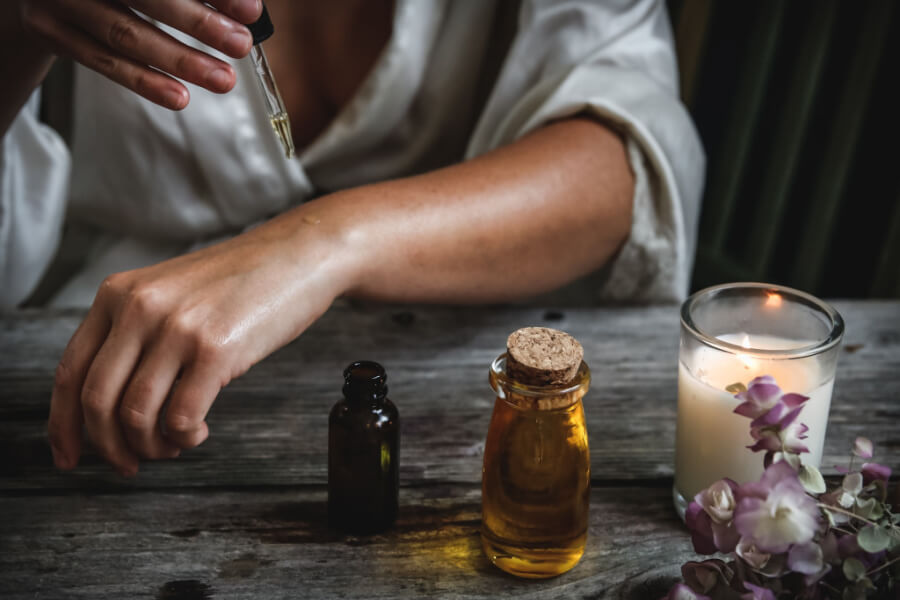It is never too early to start preparing for the menopause (check out this blog post for when to prepare and this one for what the menopause is). The earlier you start, you can ensure that you are protecting your health in later years.
Here are my top 5 tips on preparing yourself for the transition:
1. Start Charting Your Cycle
I prefer one of the symptom-thermal methods or charting that I teach such as Natural Family Planning or Fertility Awareness, however, anything that you start tracking such as cervical fluid, temperature or bleed patterns can be useful. You will be able to see what your body is doing and signs when things are starting to change.
I love it when a clients has cycle charts to show me as there are so many different things you can read in the charts about their current state of health and wellbeing.
You can learn the basics of Sympto-Thermal charting in this course or sign up to the basics of charting your cycle in the cycle toolkit at the top of the page.
2. Fix Your Period Problems Now
It is much easier to fix health conditions and hormonal issues that are affecting your periods whilst you are still cycling and it is also to spot them, especially if you are charting your cycle. Once you have started the menopause process, trying to address issues that may be affecting you, could temporarily make some of the other symptoms worse. I always remind people, periods aren’t just about fertility, they are a sign of your body’s current health.
3. Deal with Stress
If you are not sleeping well, are living in the fast lane or just have too much on your plate, these can all cause way more hormonal damage and degenerative conditions associated with ageing, which tend to become more noticeable after the menopause. Reducing your work load where possible and adding in nourishing activities that offset the unavoidable stress (such as going for a walk, meditation, breathing exercises and taking a bath) can all help with this.

4. Reduce inflammation
Whilst his can often result from a lack of sleep and over exercise, one of the main causes of inflammation is the standard western diet. There are so many inflammatory, pre-processed or pre-packaged food like substances that increase your inflammation which is the root cause of many period pain related issues, hormonal issues as well as a whole myriad of chronic illness. Joining a programme such as one of my Seasonal Cleanses can help you through this process and learn healthier food planning and preparation to give your body nourishing foods.
5. Nourish Yourself
Start eating healthier whole foods such as vegetables, fruits, nuts, seeds, clean, organic, grass fed and free range meat, fish and eggs (if you aren’t sure on how to do this, check out the latest cleanse) to give your body the tools it needs for optimal hormonal health.
Move around and ensure that you are doing exercise that is restorative and appropriate for your current health, lifestyle and fitness levels. This will fluctuate in terms of what exercise and how much suits you at different stages in your life, so don’t be afraid to change it up or try something new if what you are currently doing isn’t working for you.
Nourish your mind with meditation, breathing practices or relaxation exercises. This helps lower stress and inflammation in the brain, and as your brain starts off the whole hormonal cycle, this is a key player in your menopausal health.
And probably the most important, nourish your relationships that are important to you. These connections and support networks are very valuable for women to manage their mental health and stress levels.




